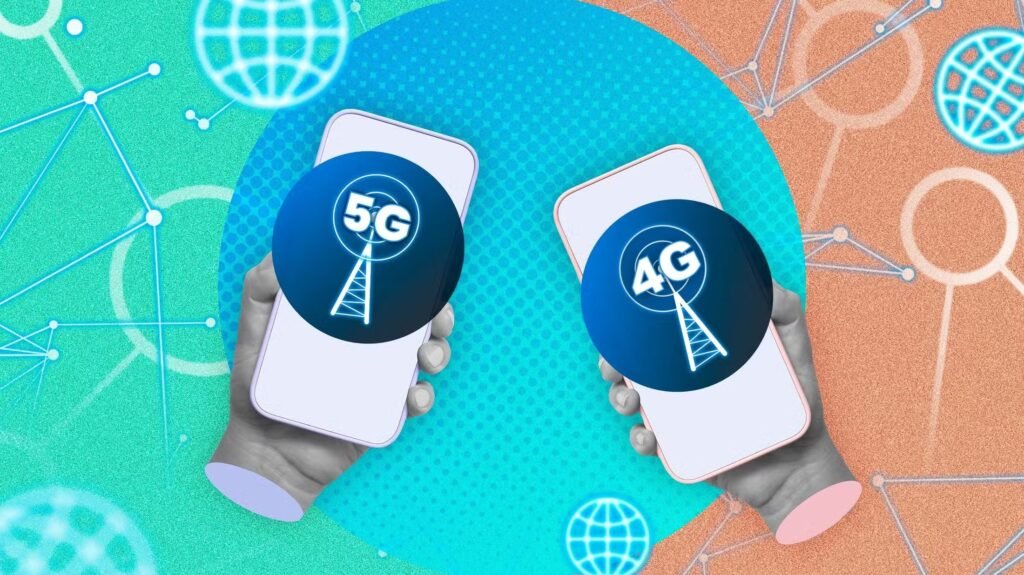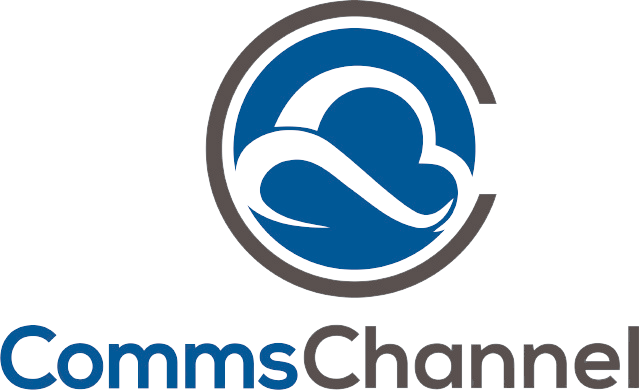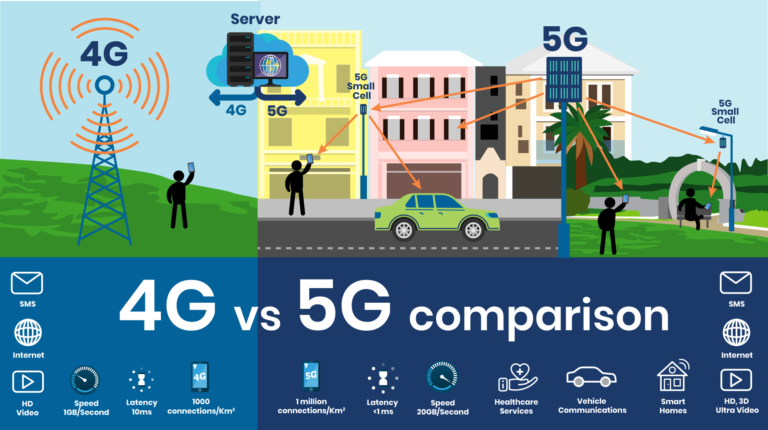CommsChannel - For all your telco needs
In recent years, the leap from 4G to 5G technology has stirred considerable excitement within the mobile industry and beyond. With promises of faster speeds, lower latency, and improved connectivity, 5G undoubtedly offers some compelling advantages over its predecessor. However, 4G has established itself as a reliable workhorse for many businesses, supporting a range of connectivity needs without the premium price tag often associated with cutting-edge technology.
When it comes to choosing the right mobile plan for your business, there are a few factors to consider to help you weigh the benefits of 4G and 5G connectivity. Below, we’ll outline the pros and cons of each, aiming to provide insights on which option could offer better value depending on your business’s specific requirements.
4G Plans: A Steady, Reliable Choice
4G technology has been around for over a decade, providing consistent and reliable connectivity for a variety of use cases. Many businesses already use 4G mobile plans to handle everything from basic data and calling needs to more data-intensive applications.
Pros of 4G Plans
- Widespread Coverage: 4G coverage is extensive in most urban, suburban, and even rural areas. Businesses can expect strong connectivity in most locations, making it ideal for teams that frequently travel or work remotely.
- Cost-Effective: 4G plans are typically more affordable than 5G plans, making them a budget-friendly option for businesses aiming to reduce mobile expenses.
- Proven Technology: With years of refinement, 4G technology is highly reliable, with fewer connectivity issues than some early 5G implementations.
Cons of 4G Plans
- Lower Speeds Compared to 5G: While 4G is still fast enough for most tasks, it lacks the higher speeds that 5G can offer, which might be a drawback for businesses with heavy data needs.
- Higher Latency: 4G networks have more noticeable lag, which can impact real-time applications such as video conferencing, online gaming, or other latency-sensitive tasks.
- Potential for Network Congestion: As more users rely on mobile data, 4G networks may experience slower speeds during peak times, especially in densely populated areas.
5G Plans: Unlocking the Potential of Ultra-Fast Connectivity
5G represents the next generation of mobile technology, promising speeds multiple times faster than 4G and significantly lower latency. These advancements have sparked interest in 5G for business applications that demand robust, high-speed connectivity.
Pros of 5G Plans
- Exceptional Speed: For businesses that require fast data transfer, 5G offers speeds that allow for smooth streaming, rapid downloads, and seamless use of cloud-based applications.
- Reduced Latency: The ultra-low latency of 5G networks supports real-time interactions, which is beneficial for industries that rely on quick data exchange, such as telemedicine, AR/VR, and certain types of customer service.
- Future-Proofing: Investing in 5G may help businesses stay ahead of the curve as more applications and services optimize for 5G networks.
Cons of 5G Plans
- Higher Cost: Since 5G is still relatively new, businesses may find 5G plans more expensive than 4G alternatives, which could impact budgets.
- Limited Coverage: While 5G coverage is rapidly expanding, it’s currently concentrated in urban areas. For businesses outside these zones, the higher costs may not justify the patchy connectivity.
- Device Compatibility: Not all devices are 5G-compatible, so businesses may face additional costs for upgrading hardware to take advantage of 5G plans fully.
Which Mobile Plan Offers Better Value for Businesses?
The decision between 4G and 5G depends largely on your business’s specific needs. If your business operates in an area with strong 5G coverage and relies heavily on fast, real-time data transfer, investing in a 5G plan may be worthwhile. Industries that are early adopters of new tech, such as healthcare, finance, and tech startups, could benefit from the speed and low latency that 5G promises, allowing them to stay competitive in an increasingly digital landscape.
On the other hand, 4G may be the better choice for businesses looking for cost-effective solutions and broad coverage. For those whose mobile needs are more basic—checking emails, running cloud applications, and making calls—a 4G plan may provide all the necessary functionality without the premium price tag. Additionally, businesses in rural or remote areas where 5G is not yet accessible may prefer to wait until coverage improves.
Ultimately, the choice between 4G and 5G comes down to what your business prioritizes: If you value affordability and wide-ranging coverage, 4G may still be the go-to. However, if you’re seeking advanced speed, low latency, and are positioned to leverage cutting-edge applications, 5G might be worth the investment.

Explore Our Solutions

CommsMobile
CommsMobile SIM-Only plans that cover 98.8% of the Australian population use the Telstra Wholesale Mobile Network. The service also provides 5G coverage that reaches at least 75% of the Australian population.

Data Solutions
CommsChannel provides cost-effective business-grade fibre (from Telstra, NBN, AAPT) and broadband options for businesses looking to improve upon their current internet speed.



